Julien, the lobster fisherman
How a young fisher has made a commitment to the oceans
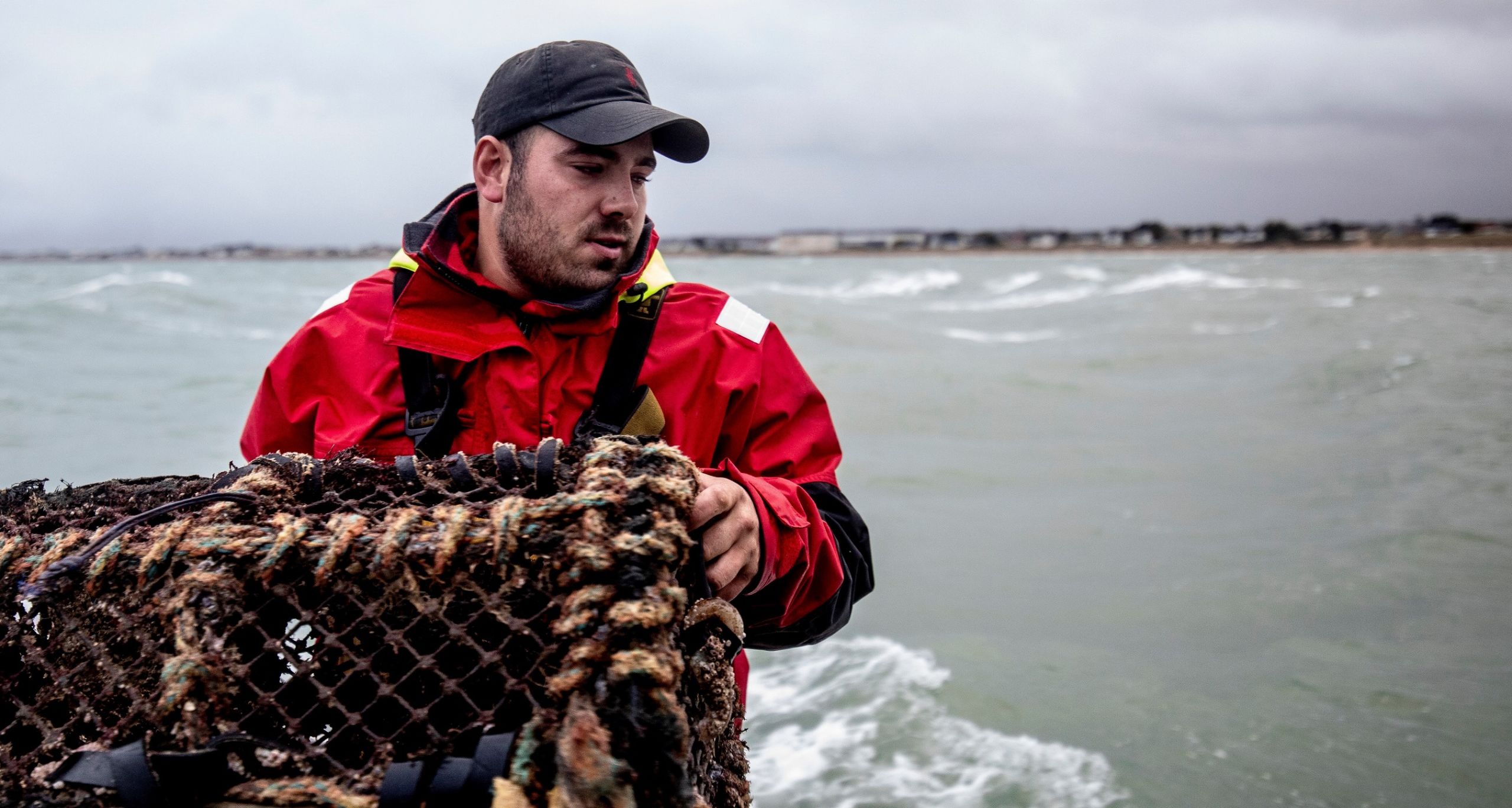
The call of the sea
At just 23 years old, Julien Mouton is the youngest fishing captain in Normandy’s Cotentin peninsula. He and his 20-year-old assistant make up the youngest crew in the region.
Originally from Caen, Julien grew up near the sea but wasn't predestined to become a fisherman - he didn't come from a fishing family.
His first contact with the ocean came during childhood when he spent his holidays at a sailing club. He mastered the waves at the French windsurfing championships when he was 13 years old.
Julien considered fishing in his adolescent years, but his mother was reluctant to support him in a dangerous profession that might not earn him a good living. But the call of the sea proved to be a stronger influence.
After his first year at a maritime school specialising in commerce, Julien embarked on an internship in the merchant navy, on a container vessel shipping bananas from the Caribbean. The long months spent away from loved ones convinced Julien this was not the career he wanted. He continued with his studies but also returned to his first love: fishing.
Julien worked hard and learnt on the job. He began working with scallops in Courseulles-sur-Mer. He worked on different types of boats, including offshore trawls (on the high seas) where he fished for bottom species: monkfish, conger eels, bass.
Julien’s passion took him to Blainville-sur-mer, in the west of the Cotentin. He knew no one there but this didn’t deter him. He built his network and worked for 5 years as a whelk fisherman until he had the opportunity to sponsor his own boat to fish lobster. Today, he is one of many fishermen in the Normandy and Jersey lobster trap fishery, which has been MSC certified as a sustainable since 2011. The fishery contains about 100 small artisanal boats.
Julien is proud of his 8.5-meter-long boat, the Father Vonvon.
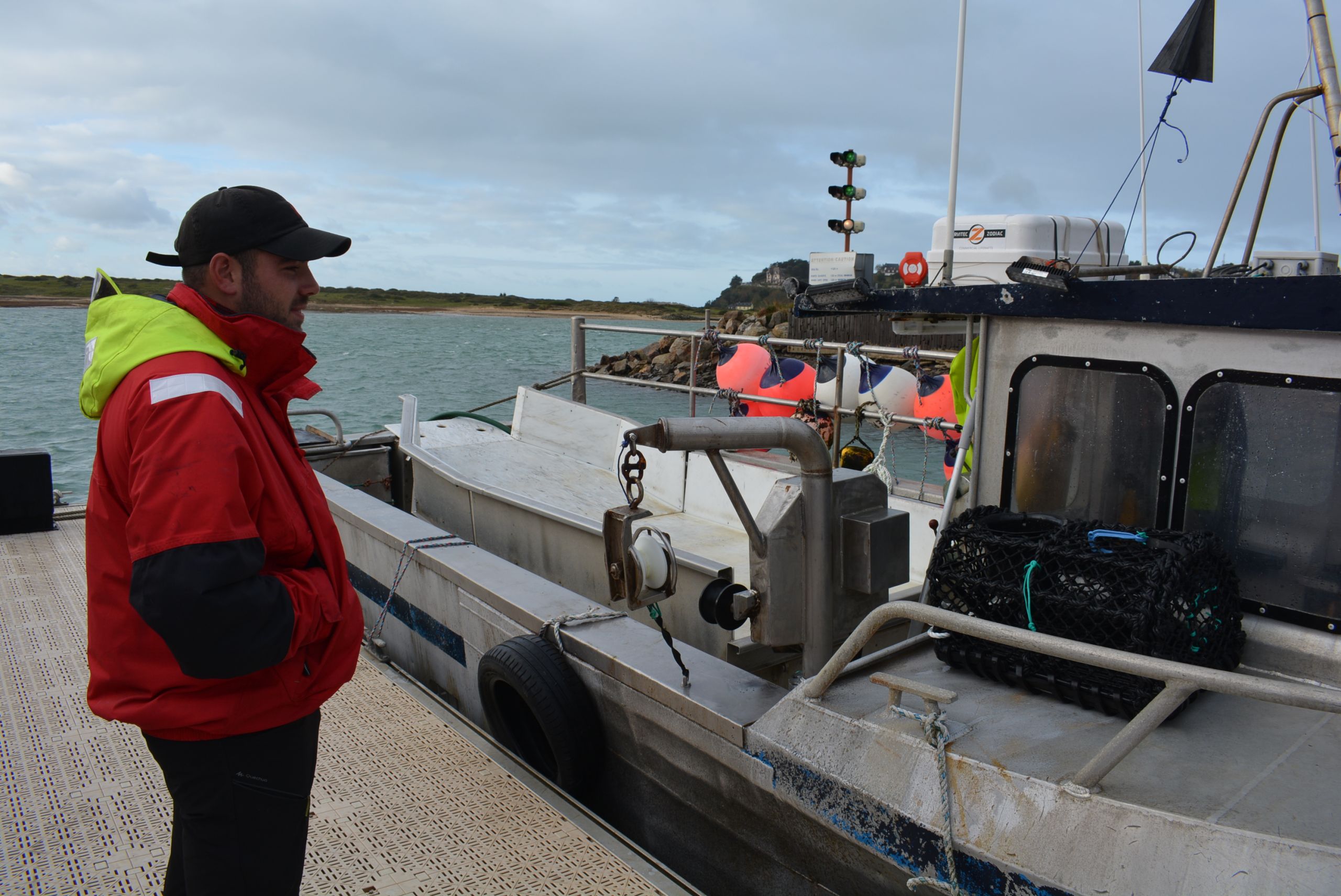
"The passion for the job and the sea overrides everything else."
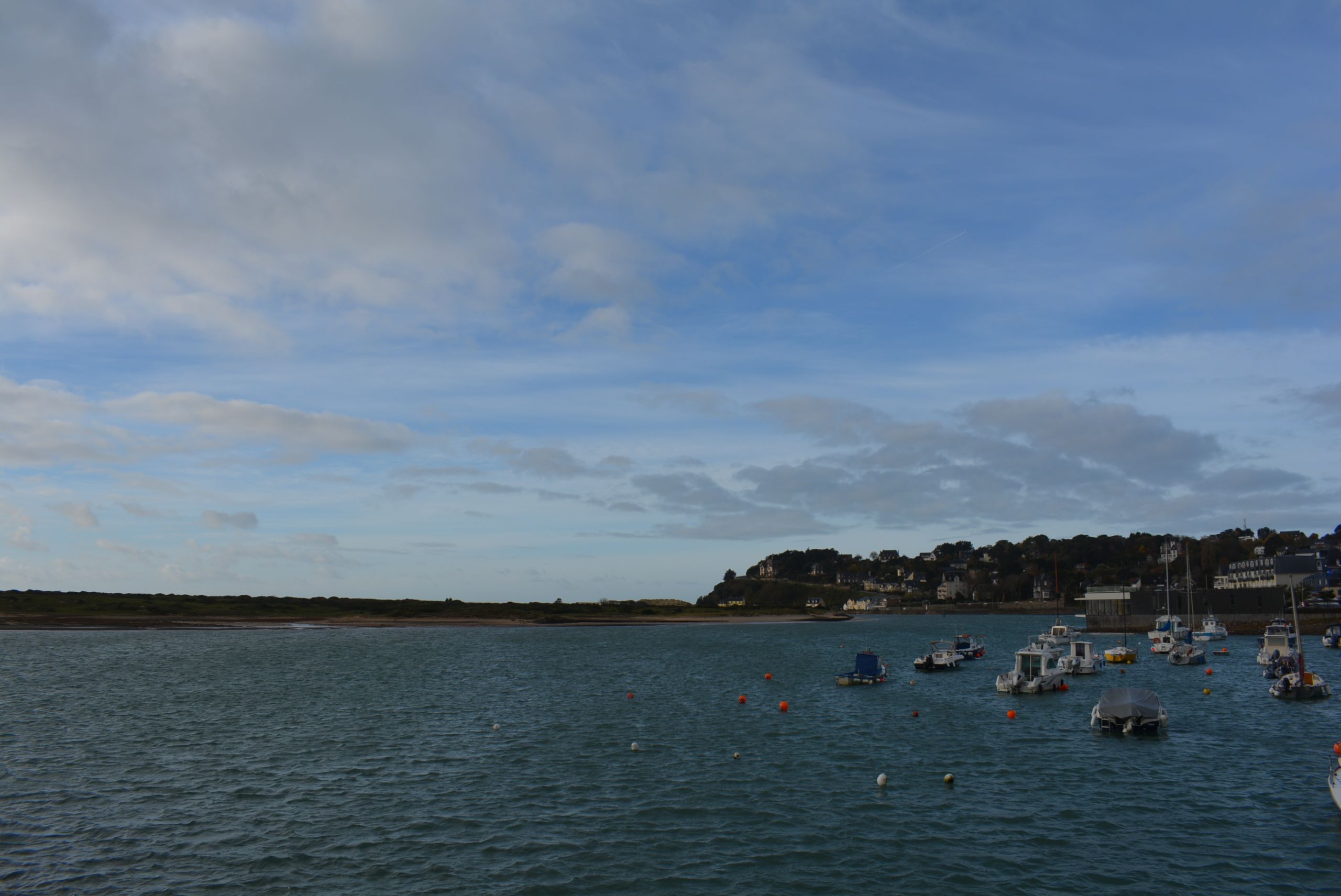
Lobster fishing
Julien, now holds a Captain 200 license. He was well trained by the former manager of his boat before becoming its proud owner.
Equipped with 400 traps on 25 longlines (15 traps per longline, each trap is linked by long wires), Julien fishes mainly for lobsters but also other crustaceans such as crab and sometimes even fish such as the triggerfish. As with all other boats in the fishery, the number of traps is limited.
“To set up your own business, you must be firm and have the right attitude. Even though the traps are very heavy and the trips out to sea are very long, I still prefer lobster fishing because it is environmentally friendly.”
His work depends on the weather, the tide schedules and the hazards of the currents that move his traps. Every week, he sets himself 5 trips at sea, called tides, from 12 to 14 hours. It’s exhausting work. There are weeks with early starts or weeks with night shifts. He plans his fishing itinerary the day before the tides. When he returns to his boat, he loads the bait and then boards with his sailor. The fishing gear is raised every day, except in bad weather.
"We return the lobsters that are too small, and put the rest in the baskets, separating those who are fighting. On the way back, we put the MSC rubber bands on the lobster claws."
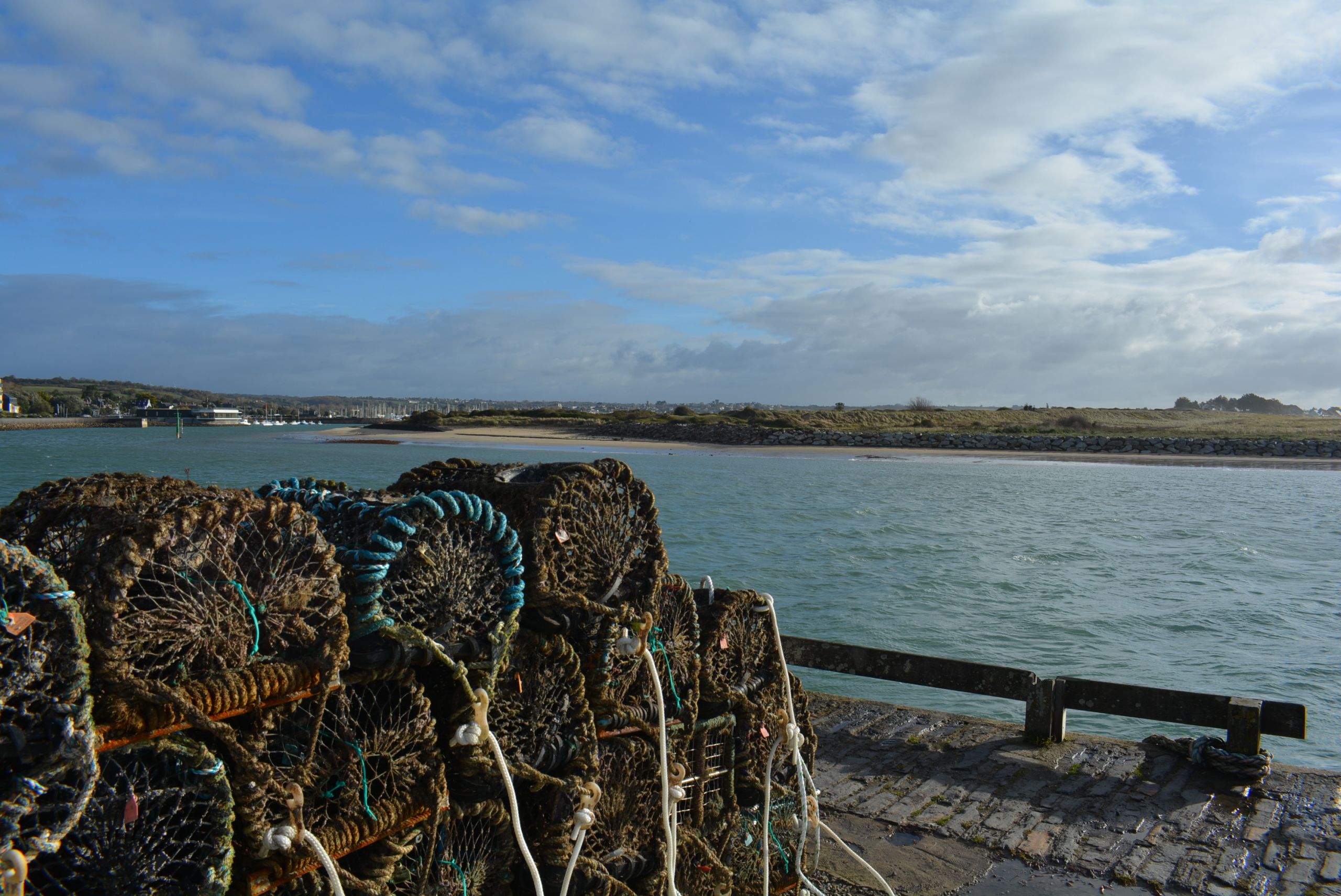
The environment, a real commitment
Driven by a commitment to sustainable fishing, Julien is part of the Commission Crustacés du Comité Régional des Pêches (the Crustacean Commission of the Regional Fisheries Committee). The group gathers fishermen, scientists from SMEL (Synergie Mer et Littoral - Sea and Coast Partnership) and other experts from local organisation Normandie Fraîcheur Mer. They meet regularly to discuss local issues and define the rules for managing the fishery. Julien goes to all the meetings.
He tries to engage other fishermen, chief restaurateurs, fish merchants and consumers around him, explaining the importance of sustainable fishing and the sustainability of seafood. Julien describes himself as a committed and responsible fisherman, but he still sometimes fears that overfishing could hit his own shores and spread to the lobster fishery. His generation is more concerned about the effects of overfishing on marine ecosystems than previous generations.
Julien has tried to create a network of young, committed fishermen. "I'm going to try to make a difference, and my friends have good insights too." He is the first to welcome SMEL scientists on board because their data is precious and helps him understand the characteristics of the lobster stock (distribution of males and females, water temperatures, breeding periods, stock health, etc.).
"They check the tanks, go to sea with us and send back data. We can then understand what we might not notice at the time. We have to do this work with them over several years to see the progress. It's very interesting!"
This improved knowledge of the lobster population, combined with management measures like limiting the number of traps and boats, contributes to the preservation of the lobster stock and the holding of MSC certification. Sometimes, Julien goes even further in his efforts to improve sustainable fishing practices. At the Crustaceans Commission, he constantly suggests new ideas, particularly on improving fishing gear to minimise its environmental impact.
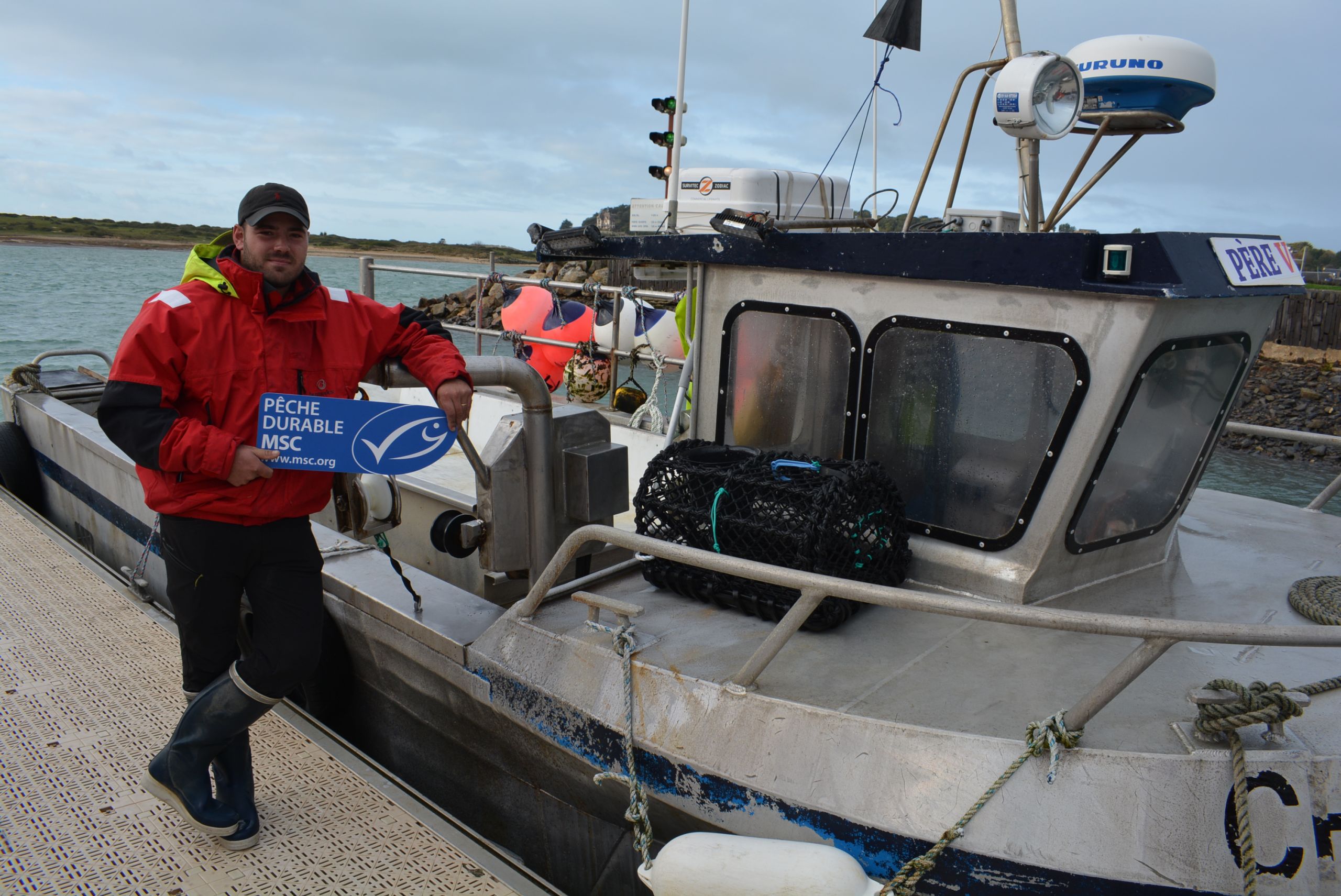
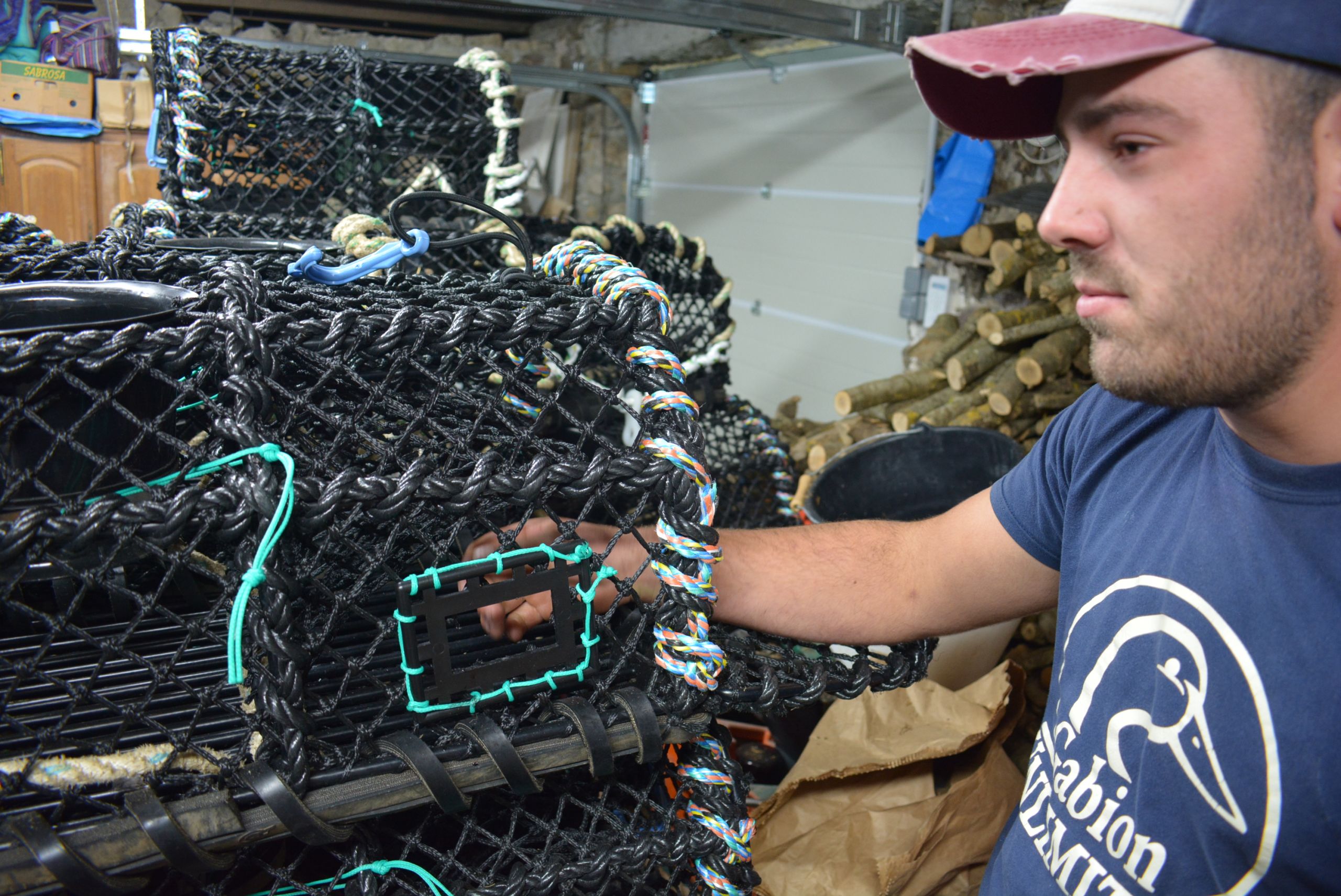
"The new generation wants to work towards sustainable fishing and nowadays there is growing awareness. I joined the MSC program as soon as I began working for myself as I found it to be a good idea."
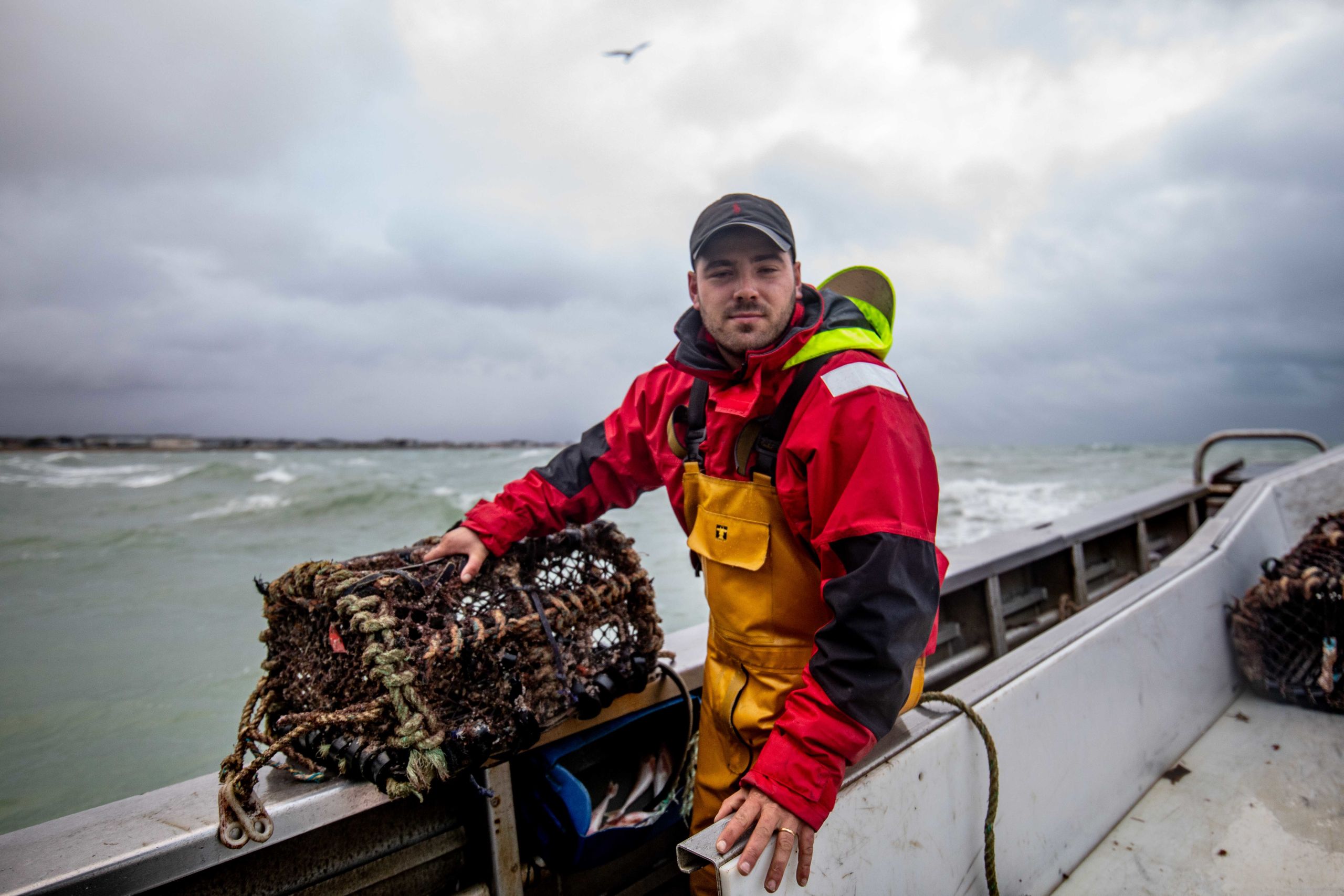
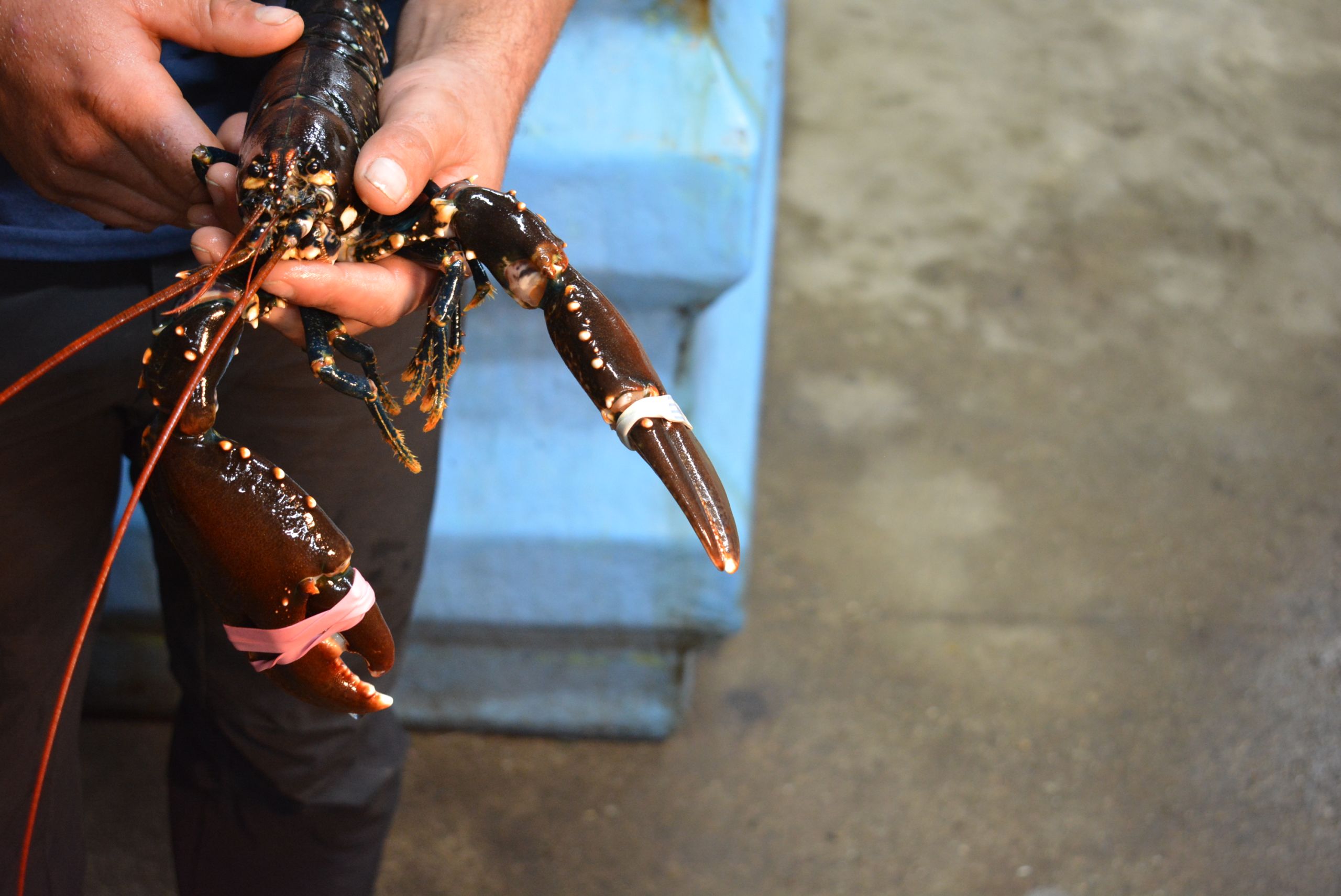
Looking to the future
Julien is a little uncertain about the future of the fishing profession and always remains conscious of the challenges facing the sector. What is certain, however, is that he would like to pass it on to his children. His dream is to continue traditional fishing, keeping with the pace of the seasons, diversifying into new species and catering to the needs of top chefs. His passion for the sea allows him to work both on and for the oceans.
“What I would really like to do is buy a small sailboat to find the silence of the sea. On a sailboat, you can sit and enjoy the calmness of the oceans... If I later have children, it would of course be a source of pride for them to take over my boat, but it takes a lot of courage. Building for the future is indeed important, but there's still a lot of work to do!"
Julien has hope and will continue to fish sustainably, preserving the oceans and biodiversity for future generations.
All photographs are subject to copyright © MSC or Frédéric Briois.
This story originally appeared in French.
